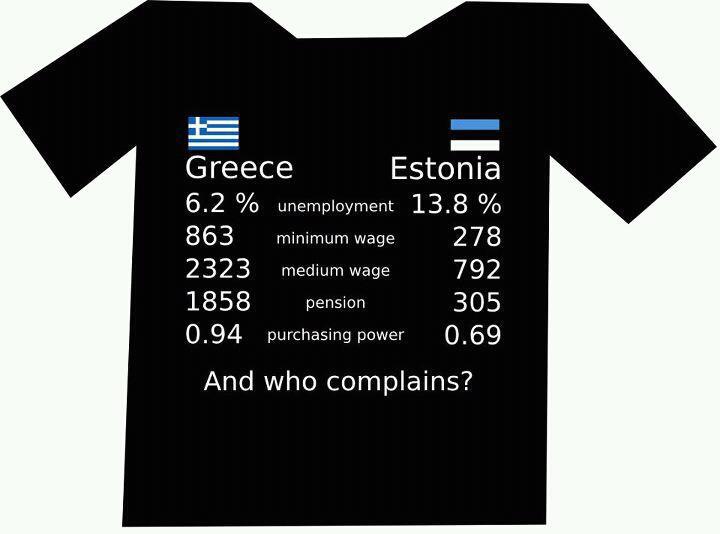TREVISO, Italy On New Years Eve, Antonio Tamiozzo, 53, hanged himself in the warehouse of his construction business near Vicenza, after several debtors did not pay what they owed him.
Three weeks earlier, Giovanni Schiavon, 59, a contractor, shot himself in the head at the headquarters of his debt-ridden construction company on the outskirts of Padua. As he faced the bleak prospect of ordering Christmas layoffs at his family firm of two generations, he wrote a last message: Sorry, I cannot take it anymore.
The economic downturn that has shaken Europe for the last three years has also swept away the foundations of once-sturdy lives, leading to an alarming spike in suicide rates. Especially in the most fragile nations like Greece, Ireland and Italy, small-business owners and entrepreneurs are increasingly taking their own lives in a phenomenon some European newspapers have started calling suicide by economic crisis.
Many, like Mr. Tamiozzo and Mr. Schiavon, have died in obscurity. Others, like the desperate 77-year-old retiree who shot himself outside the Greek Parliament on April 4, have turned their personal despair into dramatic public expressions of anger at the leaders who have failed to soften the blows of the crisis.
In Greece, the suicide rate among men increased more than 24 percent from 2007 to 2009, government statistics show. In Ireland during the same period, suicides among men rose more than 16 percent. In Italy, suicides motivated by economic difficulties have increased 52 percent, to 187 in 2010 the most recent year for which statistics were available from 123 in 2005.
Researchers say the trend has intensified this year as government austerity measures took hold and compounded the hardships for many. While suicides often have many complex causes, researchers have found that severe economic stress corresponds to higher suicide rates.
Financial crisis puts the lives of ordinary people at risk, but much more dangerous is when there are radical cuts to social protection, said David Stuckler, a sociologist at the University of Cambridge, who led a study published in The Lancet that found a sharp rise in suicides across Europe, particularly in seriously affected countries like Greece and Ireland from 2007 to 2009, years that coincided with the downturn.
Austerity can turn a crisis into an epidemic, Mr. Stuckler added.
To search for answers, researchers for the National Suicide Research Foundation in Cork interviewed surviving relatives of 190 people who committed suicide in County Cork during the turbulent period from 2008 to March 2011.
The victims were predominantly men, with an average age of 36. Almost 40 percent were unemployed, and 32 percent worked in construction as plumbers, electricians and plasterers, said Ella Arensman, the foundations director of research. Generally, she added, they suffered from a constellation of problems: financial struggles, unemployment, broken relationships and loneliness.
Across Europe, men are the most vulnerable, particularly unmarried men who have weak family and government support, according to Mr. Stuckler, the sociologist. Alcohol abuse is a frequent contributing factor, he said, adding, Its really important to have friends and family you can trust in hard times.
Much more here:
http://www.nytimes.com/2012/04/15/w...ly-in-europe-suicides-by-economic-crisis.html

